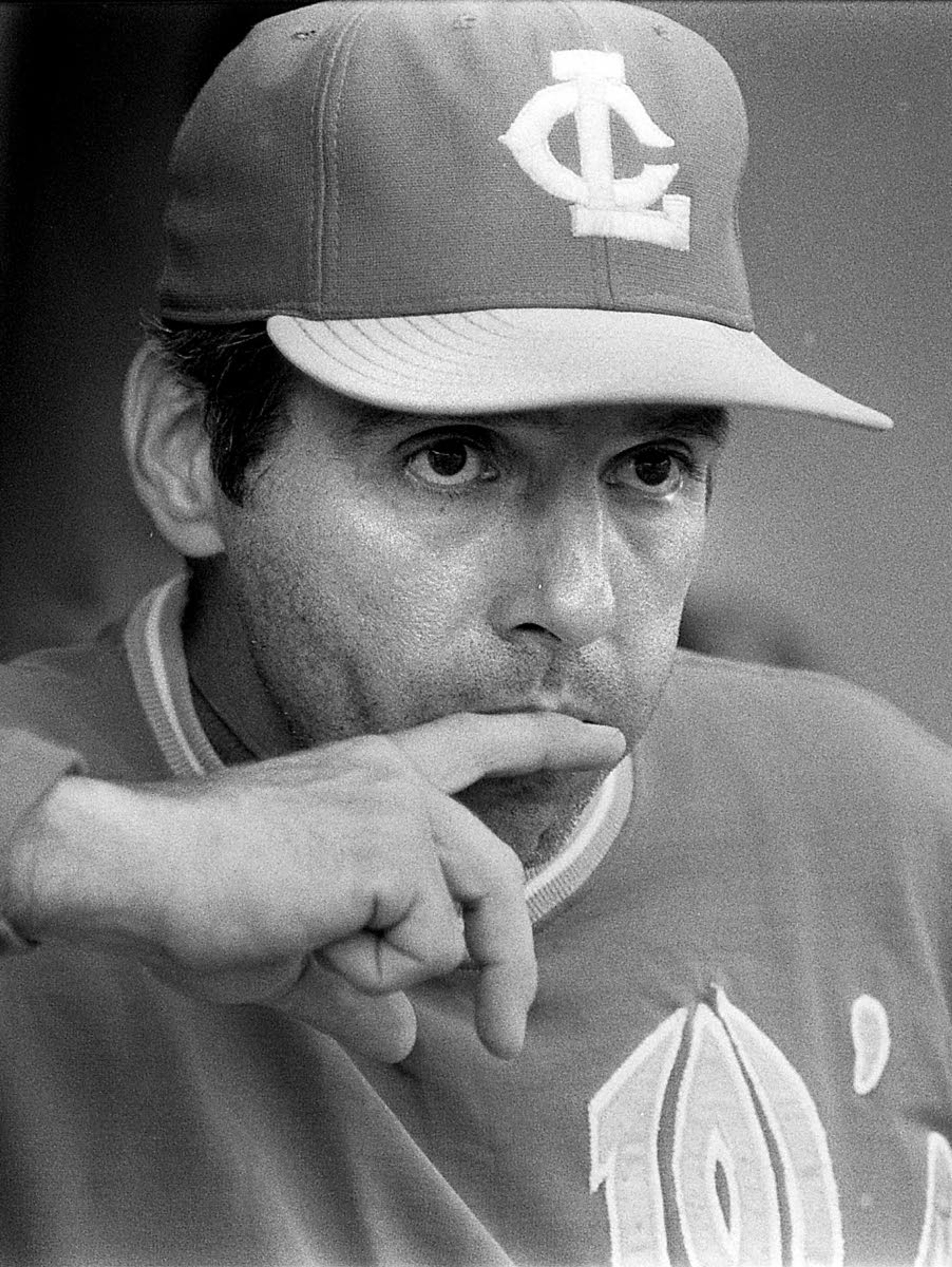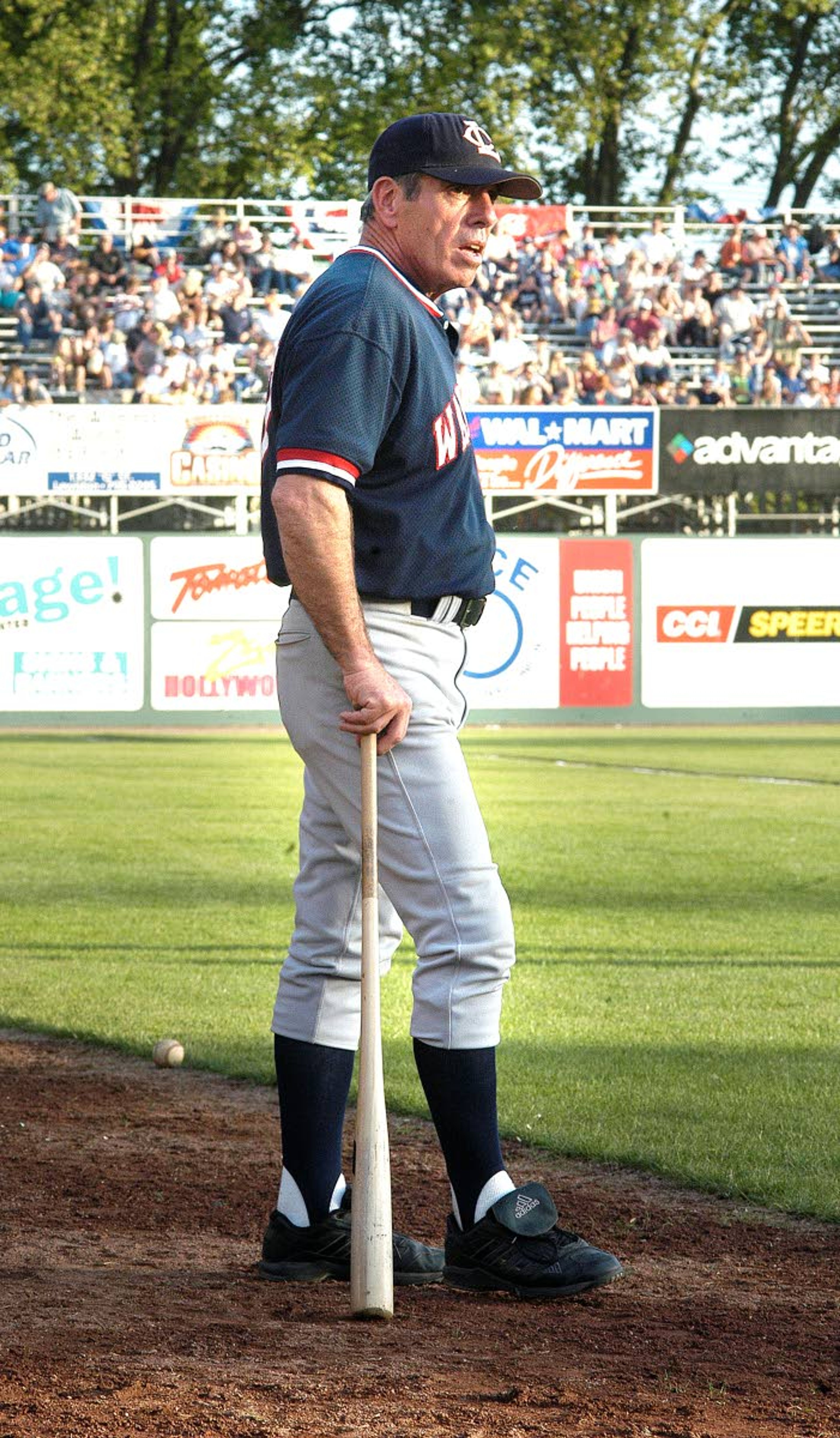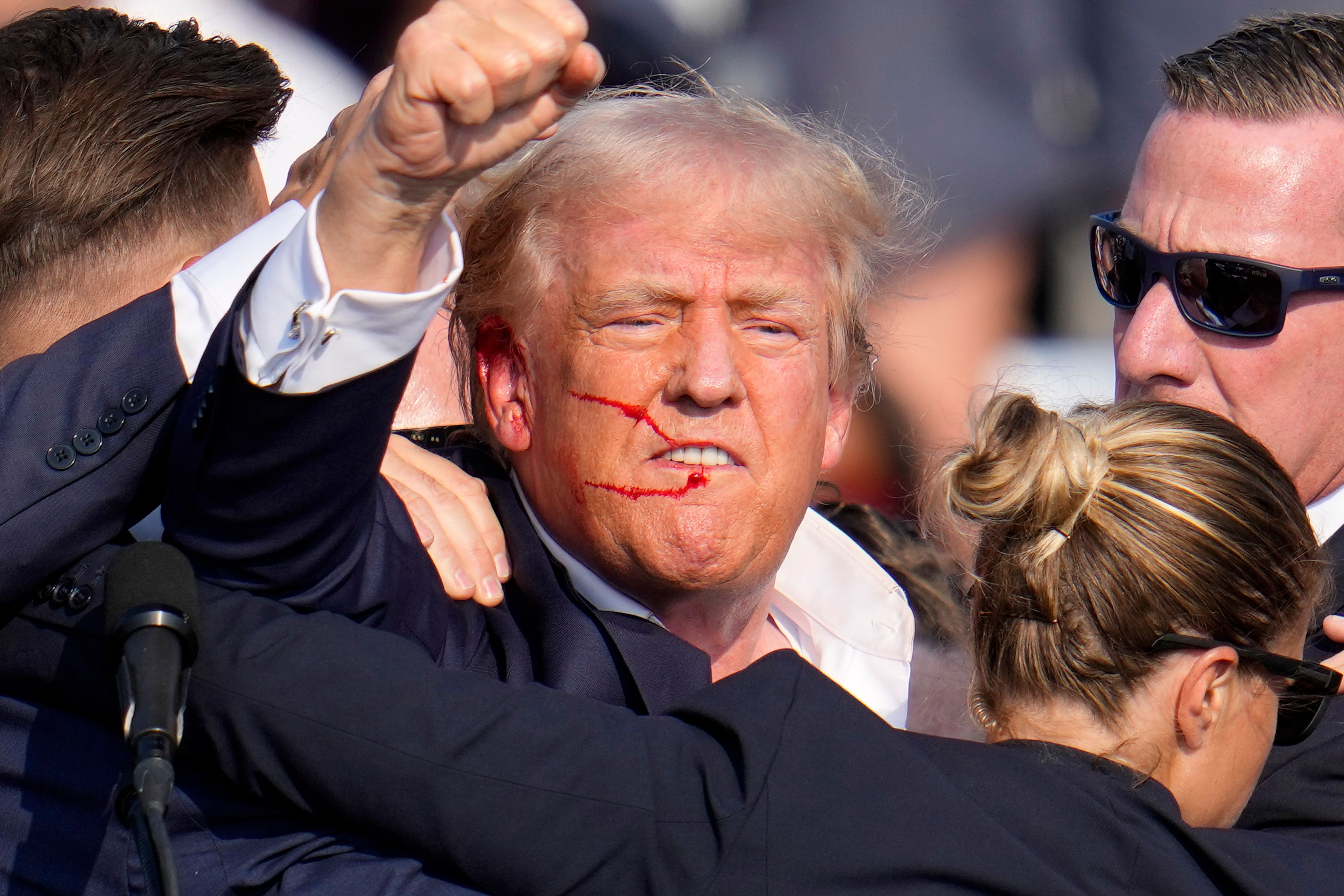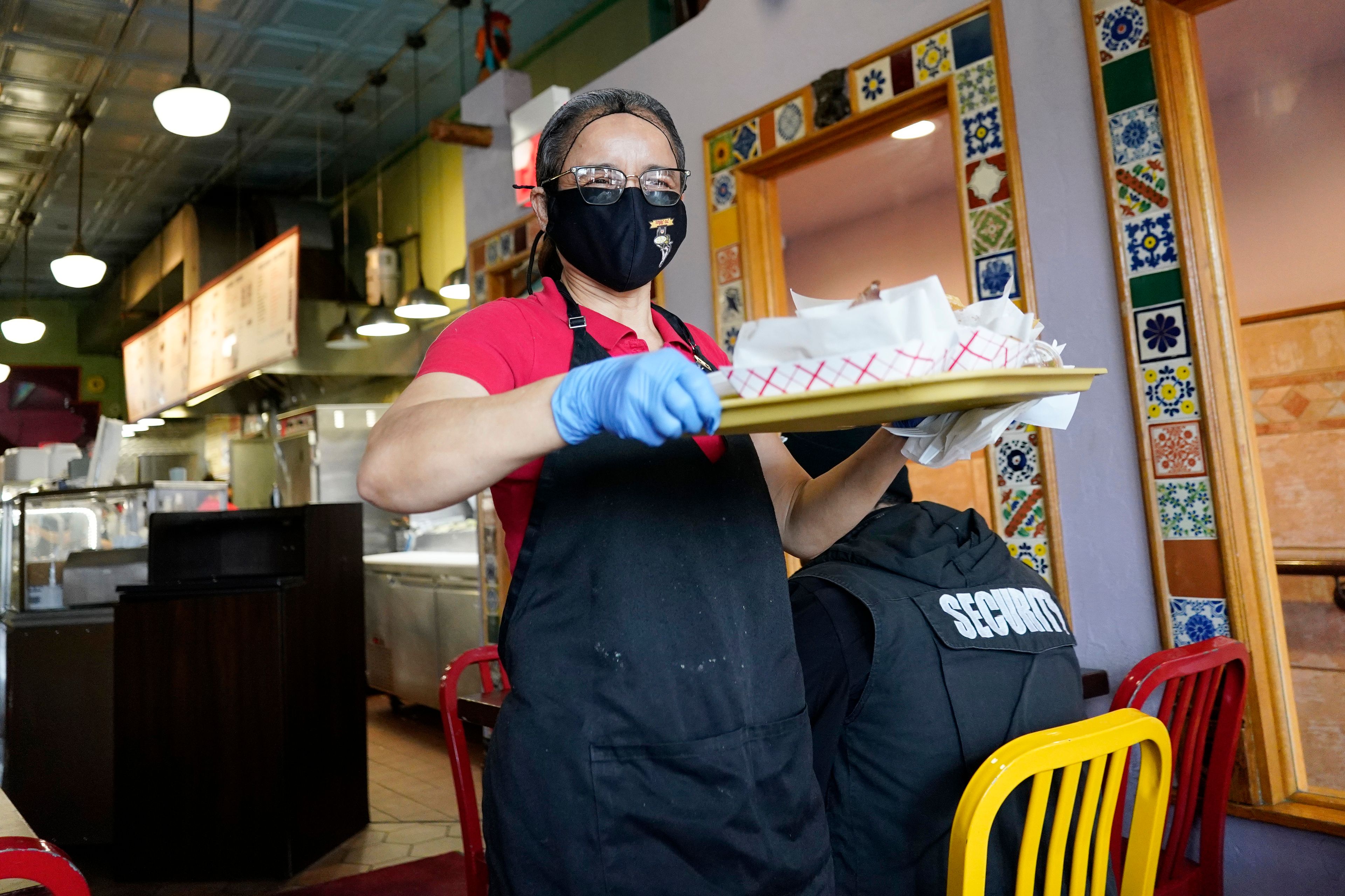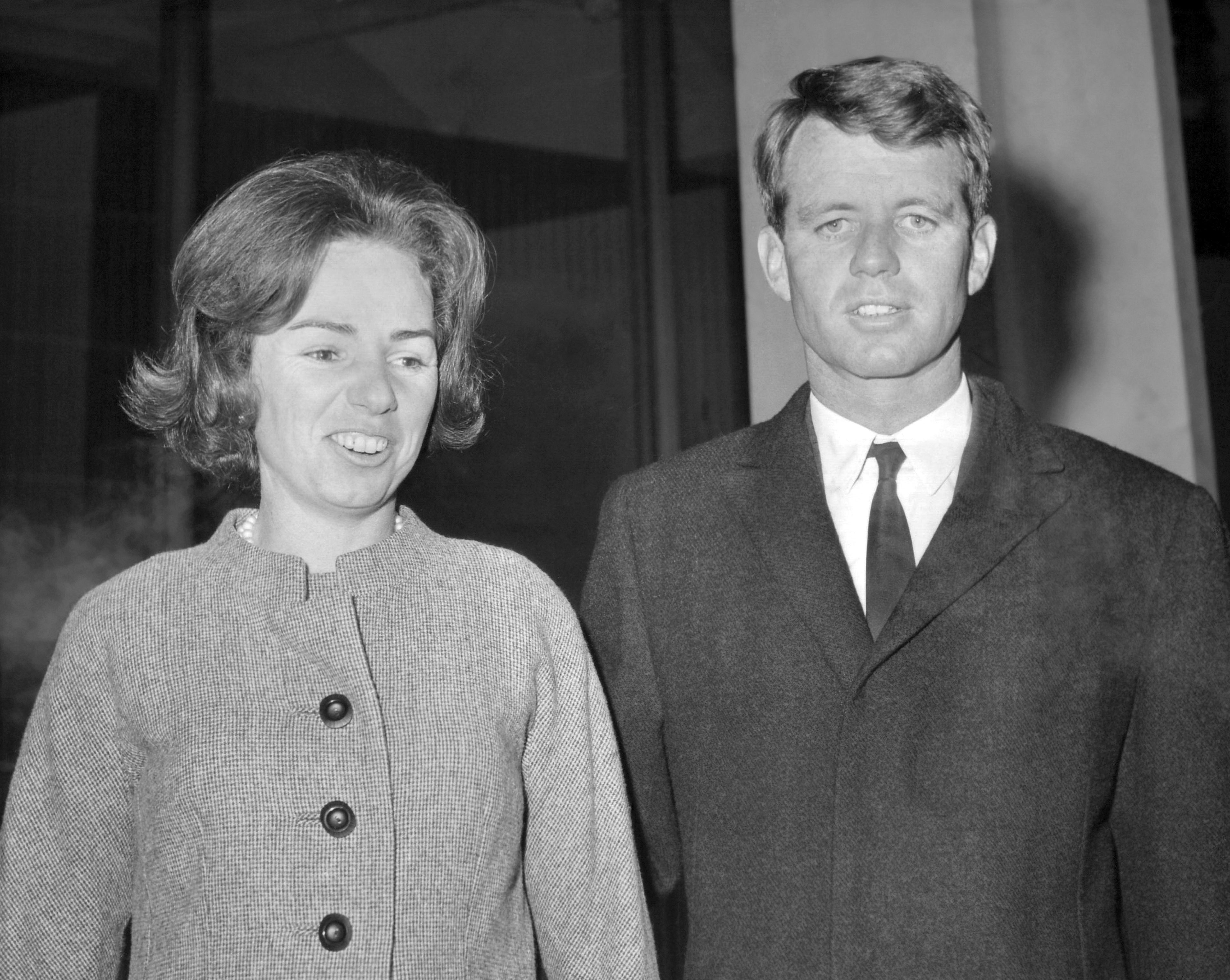Then & Now: Cheff: Examining the legend, exposing the myths
As Lewis-Clark State’s renowned baseball coach nears his 1,500th victory, here’s an attempt to separate fact from fiction
Then: This story originally ran May 26, 2006, in the Lewiston Tribune.
Rumor has it that the winningest baseball coach in NAIA history had initially planned on a career in football. This rumor happens to be true.
Ed Cheff spent the first five years after his college graduation teaching English and journalism at a high school in Tillamook, Ore. He also coached football there, and hoped the experience would eventually lead to a job in the collegiate ranks.
But enough about that. There are far more colorful anecdotes surrounding the man, much more intriguing narratives that touch on the life and achievements of Lewis-Clark State’s venerable coach.
Some of them are even authentic.
Most, however, have sprouted beyond reality, if they were actually rooted there in the first place.
Fact is, The Legend of Ed Cheff is only loosely based on facts.
This much is indisputable: Cheff needs just four victories to become the first NAIA coach to reach the 1,500-win plateau. The ageless Gordie Gillespie (he’s actually 80), who this year returned to the NAIA ranks at St. Francis, Ill., is college baseball’s all-time winningest coach with 1,709 victories. But 239 of Gillespie’s wins came during a 10-year stint at Ripon, Wis., an NCAA Division III program.
It has taken Cheff 30 years to arrive at this milestone, a spot just three other coaches have reached — and only Wichita State’s Gene Stephenson (28 years) reached faster. So the tales that outline Cheff’s journey, and some that predate his time at L-C, have been tirelessly recounted.
That opens them to embellishment, as well as debate.
“After a while, everything gets exaggerated,” says Cheff, whose quest for a 14th national championship with the Warriors officially opens today with the start of the 50th NAIA World Series. “You hear so many stories about things you’ve supposedly said or done, and a lot of times you think, ‘I don’t remember it that way.’ And sometimes you think, ‘You know, that never happened.’ ”
For the sake of reality, we’ve culled 10 fascinating aspects from the Cheff saga and presented them, in chronological order, to the most reliable source. Most have a factual basis; others appear to be entirely myth.
Legend: Cheff was a childhood friend of Evel Knievel.
Reality: Cheff and Knievel were both born in Butte, Mont., and they attended the same grade school there, Greeley Elementary. Knievel, however, is five years older, so while he and Cheff may have simultaneously spent time on the same playground, they were not buddies.
“I knew people who knew him, or said they did,” says Cheff, the son of a construction contractor who spent his formative years in Butte and went to high school in Woodland, Wash. “Butte’s just one of those places where stories get completely blown out of proportion. What you hear now, about how tough and wild a town it was, is not how I remember it as a kid.”
He and Knievel have not met.
Legend: Cheff turned down a contract offer from the Oakland Raiders.
Reality: This was his dream, but admittedly not a realistic one.
“I wasn’t good enough,” says Cheff, who was a running back for a year at Lower Columbia College in Longview, Wash., and for three years at Lewis & Clark College in Portland.
Cheff was also on the baseball team at both schools, contrary to hearsay that he didn’t play the sport in college.
Legend: The jersey number Cheff has worn throughout his coaching career, 27, carries a numerological significance.
Reality: Cheff’s association with the number actually dates back to his playing days at Lower Columbia (he later coached baseball at the school for four years before coming to Lewis-Clark State). But how he ended up with it was pure coincidence.
“That’s the number I was assigned — I guess that was a jersey that happened to be available for a running back,” he says.
His decision to keep it was not based on anything in particular, other than he grew attached to it.
“A lot of people figure it has something to do with the 27 outs in a baseball game,” Cheff says. “It’s just the number I’ve worn since college.”
Legend: When Cheff took the coaching position at Lewis-Clark State, he had his sights set on the same job at Washington State.
Reality: WSU, a Pac-10 school located 35 miles north of Lewiston, did hold a undeniable allure for Cheff. But the enticement was academic, not athletic.
When Cheff accepted the L-C post, in the summer of 1976, the ultimate selling point was WSU’s doctoral program in college administration. His intent was to gain the postgraduate degree then return to Lower Columbia, possibly as dean of students.
“I was certainly interested in the coaching aspect, but the (educational) opportunities were what really brought us here,’’ Cheff says.
Notice he says “us.” The move gave his wife, Karen, the chance to get a degree in elementary education, which she received at L-C.
Karen, a longtime grade-school teacher in Lewiston, retired last year.
Cheff, who earned a master’s from Lewis-Clark in 1969, never immersed himself in WSU’s doctoral program. “I’d enroll, but then I’d get busy with baseball and that would be that. It didn’t take long before I was focused on baseball full time.”
WSU, by the way, was hardly in the market for a coach when Cheff arrived in Lewiston. The Cougars were in the midst of their baseball heyday, and Bobo Brayton was less than halfway into his hall-of-fame coaching career with the program. Brayton, who won 1,162 games in 33 seasons at WSU and retired in 1994, remains close friends with Cheff.
Legend: Cheff took a freshman pitcher to Moscow and introduced him to University of Idaho football coach Dennis Erickson, saying, “Here’s your new quarterback.”
Reality: This fable feeds off two legends, Cheff’s and that of Ken Hobart, who went on to become the first in a string of superb QBs at UI, which like WSU is an approximately 40-minute drive north of Lewiston.
Hobart, a standout prep athlete from Kamiah, originally enrolled at L-C in 1979 with the intent of pitching for the Warriors. But he sensed in fall workouts that he probably wouldn’t see much action on a staff replete with upperclassmen, so he transferred to UI and walked on to the football team.
The next fall he became the Vandals’ starting quarterback, a role he held for four years. He became just the second NCAA player to pass for more than 10,000 yards, and played professionally for a handful of years, most notably in the Canadian Football League.
While Cheff says he may have encouraged Hobart to transfer, he played no role in the process.
Neither did Erickson. He didn’t arrive at Idaho until late 1981, when he replaced Jerry Davitch for his first head-coaching job. Erickson, interestingly enough, returned to UI three months go, closing the circle to a celebrated career in which he won two national titles at Miami.
Hobart now resides in Lewiston. He is an advertising executive and also a baseball umpire, frequently working L-C’s regular-season games.
Legend: Famed USC baseball coach Rod Dedeaux said, in so many words, there was no coach he respected more than Cheff.
Reality: There no documentation of this statement, which Dedeaux supposedly made sometime close to his retirement, in 1986. He spent 44 years with the Trojans, during which they won 10 national championships.
Cheff did not know Dedeaux, who died in January at age 91. The most tangible link between the two is Larry Price, who spent two years at L-C after playing at USC in 1984-85.
Legend: In 1986, L-C lost to Grand Canyon 6-5 in 10 innings in the title game of the NAIA World Series. Cheff burned the uniform tops the Warriors wore that night.
Reality: Those blue jerseys, featuring a sky blue “W’s” logo on the left breast, remain Cheff’s favorite L-C ensemble. But the Warriors have not played in them since that ’86 game, widely considered the best championship contest in the Series’ 14 Lewiston appearances.
The reason, though, was not some ritualistic cleansing.
“I’m sure they’re in a box somewhere,” says Cheff, who retired the jerseys not for fear they were jinxed, but because they were threadbare. “Some of those were left over from Ramon Hooker (Cheff’s L-C predecessor), and we couldn’t replace them anymore. So we went with a different style.”
The jerseys unveiled in 1987, blue tops with “Warriors” emblazoned across the chest, are essentially their uniform of choice now. The lettering has subtly changed, and the primary color has darkened to navy blue, but they remain the NAIA equivalent of Yankee pinstripes.
Still, Cheff wouldn’t mind a retro look.
“If we could find someone who could make those W’s tops in that same style and color, I’d love to go back to that,” he says. “There was something about those uniforms. It felt like we’d never lose when we wore them.”
Legend: The Warriors never lose on Cheff’s birthday, which invariably falls during the Series.
Reality: This May 27 aura of invincibility was very real ... until three years ago.
Oklahoma City broke through in the 2003 Series, beating the Warriors 13-10. And the Stars duplicated the feat in ‘04, edging L-C 4-3.
The Cheff-era Warriors, who didn’t play on May 27 until 1985, are 10-2 on that date. They posted two victories on the 27th in both 1987 and 1992. The second win in ’92, 14-4 over Mary Hardin-Baylor, provided Cheff with his only chance for a concurrent birthday/championship celebration.
Cheff will turn 63 on Saturday. If the Warriors beat Lubbock Christian tonight, they’ll have a bye.
Legend: Cheff’s affinity for coaching in Alaska during the summer is in his blood — he is of Inuit descent.
Reality: While Cheff found many of these speculations amusing, this one made him flat-out laugh.
What appeals to him about the Alaska Summer League (this will be Cheff’s fifth season as manager of the Goldpanners of Fairbanks) is what essentially keeps him invigorated at L-C — he embraces the task of building a team from scratch.
“The goal is basically the same — we’re trying to win a championship,” says Cheff, who guided the Goldpanners to a National Baseball Congress title in 2002.
An avid outdoorsman, Cheff also relishes the myriad fishing opportunities.
“It’s something different, and I really enjoy it more every year,” says Cheff, who typically puts 3-4 Warriors on a team that includes some of the nation’s best collegiate talent. “Players learn a lot up there. So do I.”
But not in terms of genealogy. To the best of his knowledge, he has no Eskimo ancestry.
Legend: If L-C wins its 14th national title, Cheff will retire.
Reality: Fourteen is no more of a magic number to Cheff than 27, 30, or 1,500. Sure, it’s an objective, but not the final one in an unparalleled career.
“I’m not thinking, ‘Once we get there, that’s it,’ ” he says.
So when will retirement come to mind, in five or six years? At L-C’s rate of wins per season, that could put Cheff in the neighborhood of college baseball’s all-time mark, depending on how much longer Gillespie stays in the game.
Cheff smiled at the notion. Now that, too, is open to interpretation.
---
Now
Ed Cheff coached the Lewis-Clark State baseball team until 2010 and retired with a 1,705-430-2 record and won 16 NAIA championships. He and wife, Karen, now live in Sequim, Wash.
